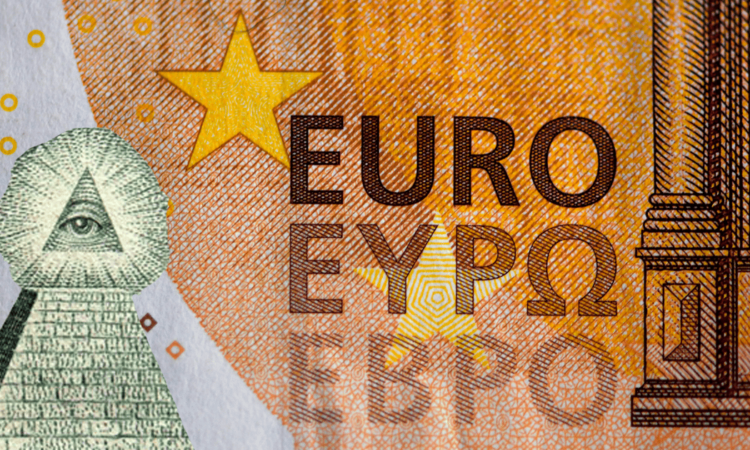
Loonies, idiots
Policymakers insist one of the benefits of the digital euro and other so-called CBDCs (central bank digital currencies), such as those being floated in the U.K., U.S. and Russia, is to ensure there’s a form of digital cash backed by the state amid cryptocurrencies and plans by Big Tech to introduce their own money.
Legislation to allow the digital euro’s introduction will come before European lawmakers in the coming months. EU Finance Commissioner Mairead McGuinness has already urged MEPs to dial back the “Big Brother” rhetoric while the Commission has outlined design features it says will safeguard payment privacy and has proposed laws that would force retailers to still accept cash.
Michiel Hoogeveen, a Dutch MEP who will lead scrutiny of the laws on behalf of the European Conservatives and Reformists group and is skeptical about the project, said there was a difference between those who peddle conspiracy theories and those who have legitimate concerns.
“We had people who were protesting against COVID, they had a podium, they were very successful on being on social media as an influencer, donations were pouring in, and now COVID is gone, the rules were lifted, so they need to move to the next big thing,” he said. “My job is to read about their concerns, listen to their concerns … not by saying, ‘You’re a looney, you’re an idiot,’ but to say, ‘OK, I understand where you’re going,’ … and try to lure people into a more acceptable area of the debate.”
As people decide the real reasons for digital currencies may be more sinister than they first appear — and politicians realize egging them on can be a vote-winner — authorities might find it harder to convince the public they will protect privacy and safeguard the use of cash.
“My impression is that in fact they do not even want to do that, because government surveillance and a cashless society is their final aim,” said Meuthen, a German Center Party member of the European Parliament. “I’m deeply worried that the project of the digital euro is not only a project to develop a useful additional instrument of future payments, but that the real intention is the start of replacing any kind of cash payments.”
Undesirable purchases
Among people’s biggest concerns ― roundly rejected by governments and central banks ― is that digital currencies will allow the state to restrict what people can buy. In Europe those allegations often relate to meat or fuel, as a way of controlling obesity or climate change. In the U.S. populist politicians argue some sectors of society could be prevented from buying guns.
“It will allow them to prohibit undesirable purchases like fuel and ammunition,” Florida Governor Ron DeSantis, Donald Trump’s chief rival for the Republican bid for the White House, said during a debate. “The minute you give them the power to do this, they’re going to impose a social credit system on this country. CBDC is a massive threat to American liberty.”
And in the U.K., Nigel Farage, one of the architects of Britain’s departure from the EU, used a BBC interview about the closure of his bank account in July to bring up the unrelated issue of the digital pound.




